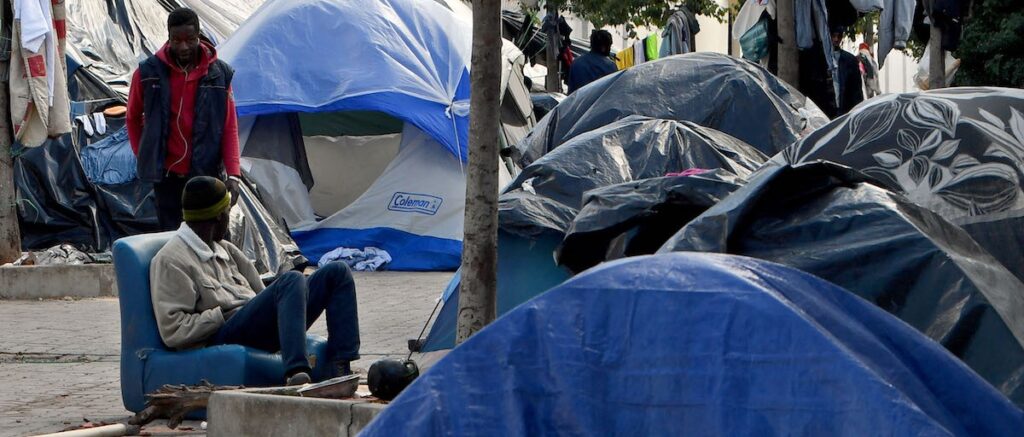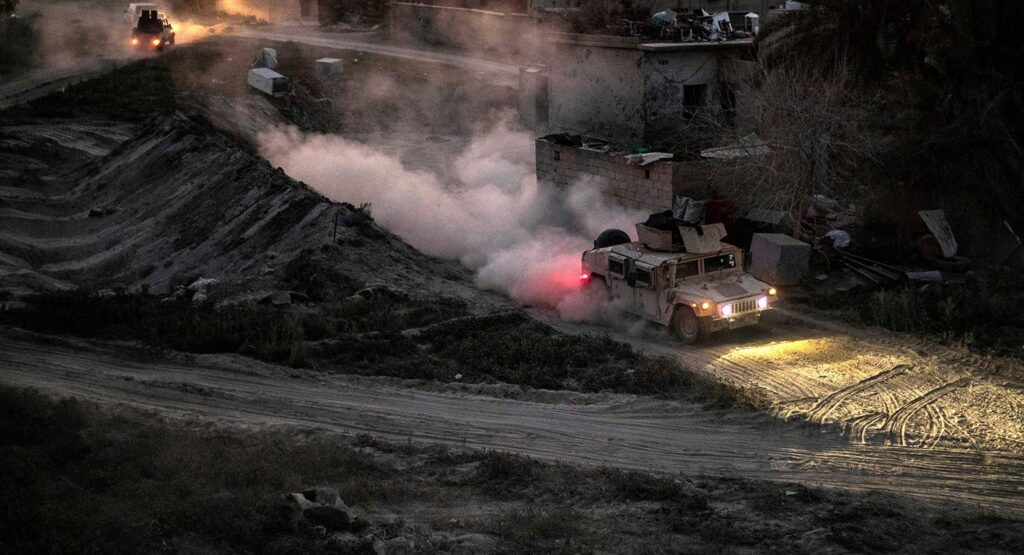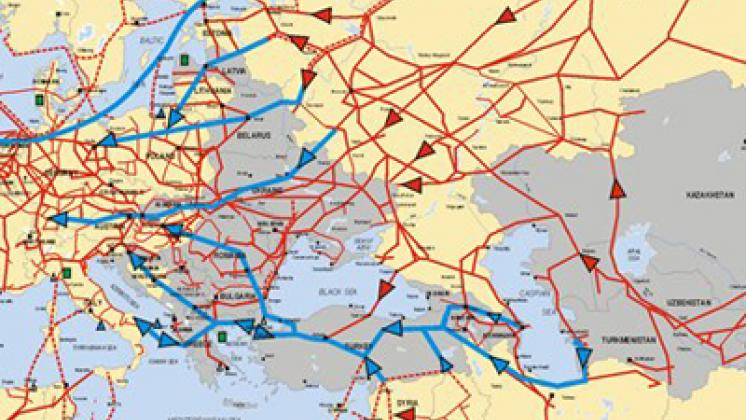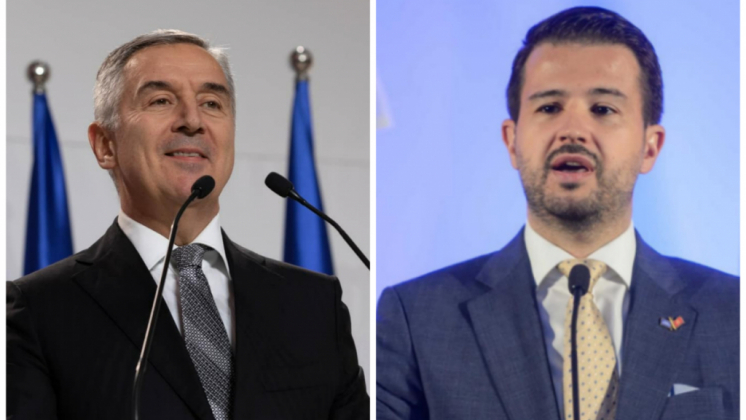Global Study on Firearms Trafficking 2020
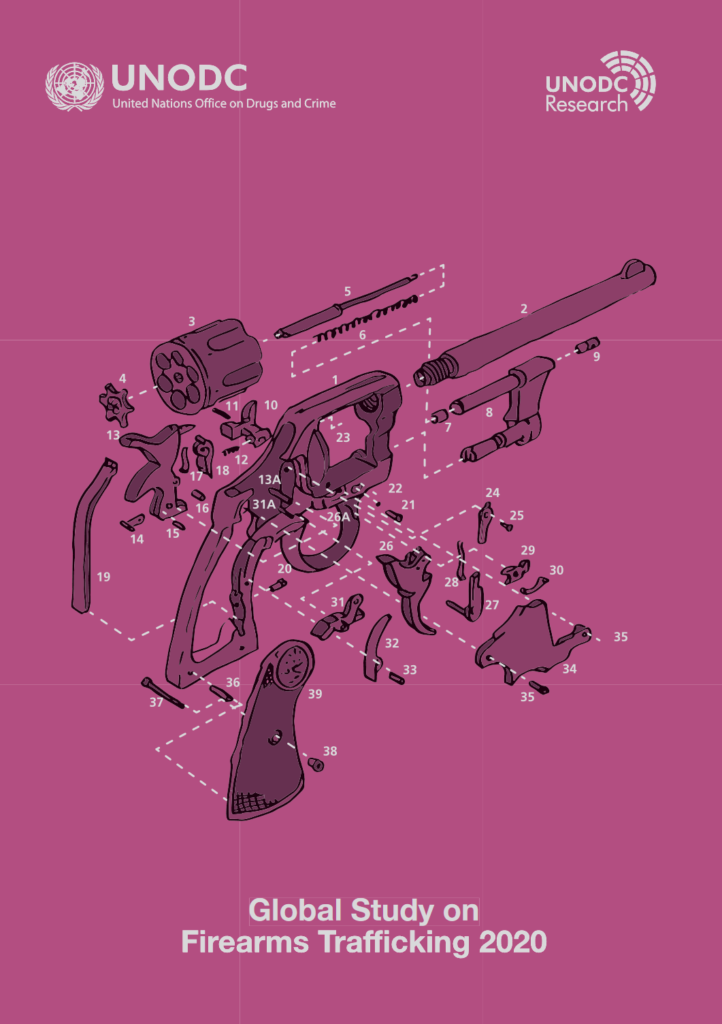
EXECUTIVE SUMMARY
UNODC has carried out its most comprehensive collection of data on firearms trafficking to date, gathering details from survey responses and other sources in 81 countries for 2016-17. These data give a unique insight into the patterns of trafficking globally, regionally and nationally, providing a vital resource for law enforcement, policymakers and public bodies seeking to reduce the damage caused by the illicit circulation of firearms.




